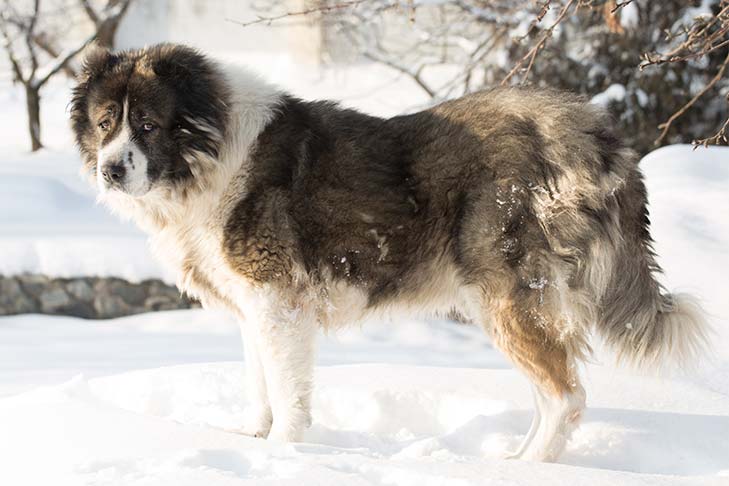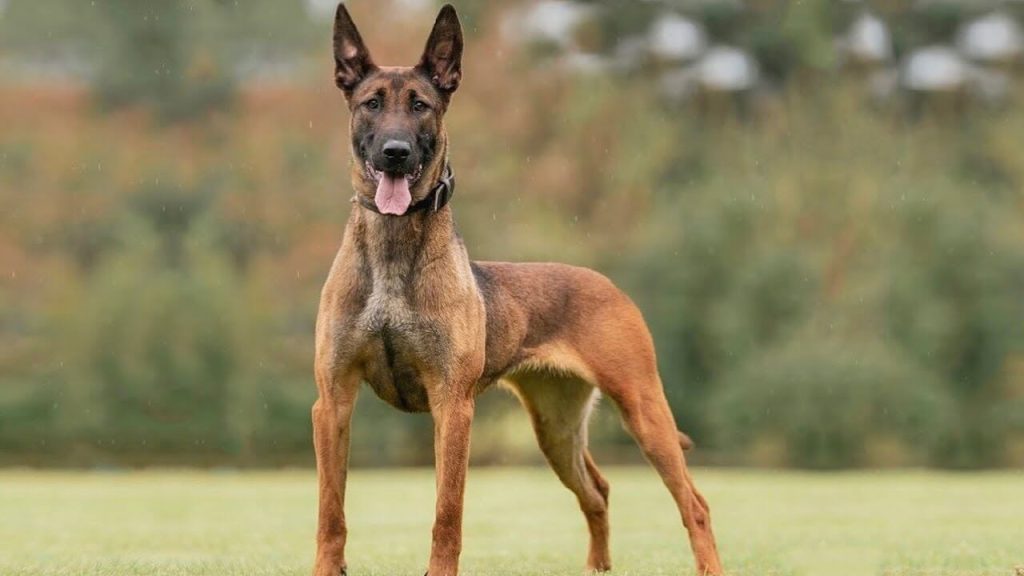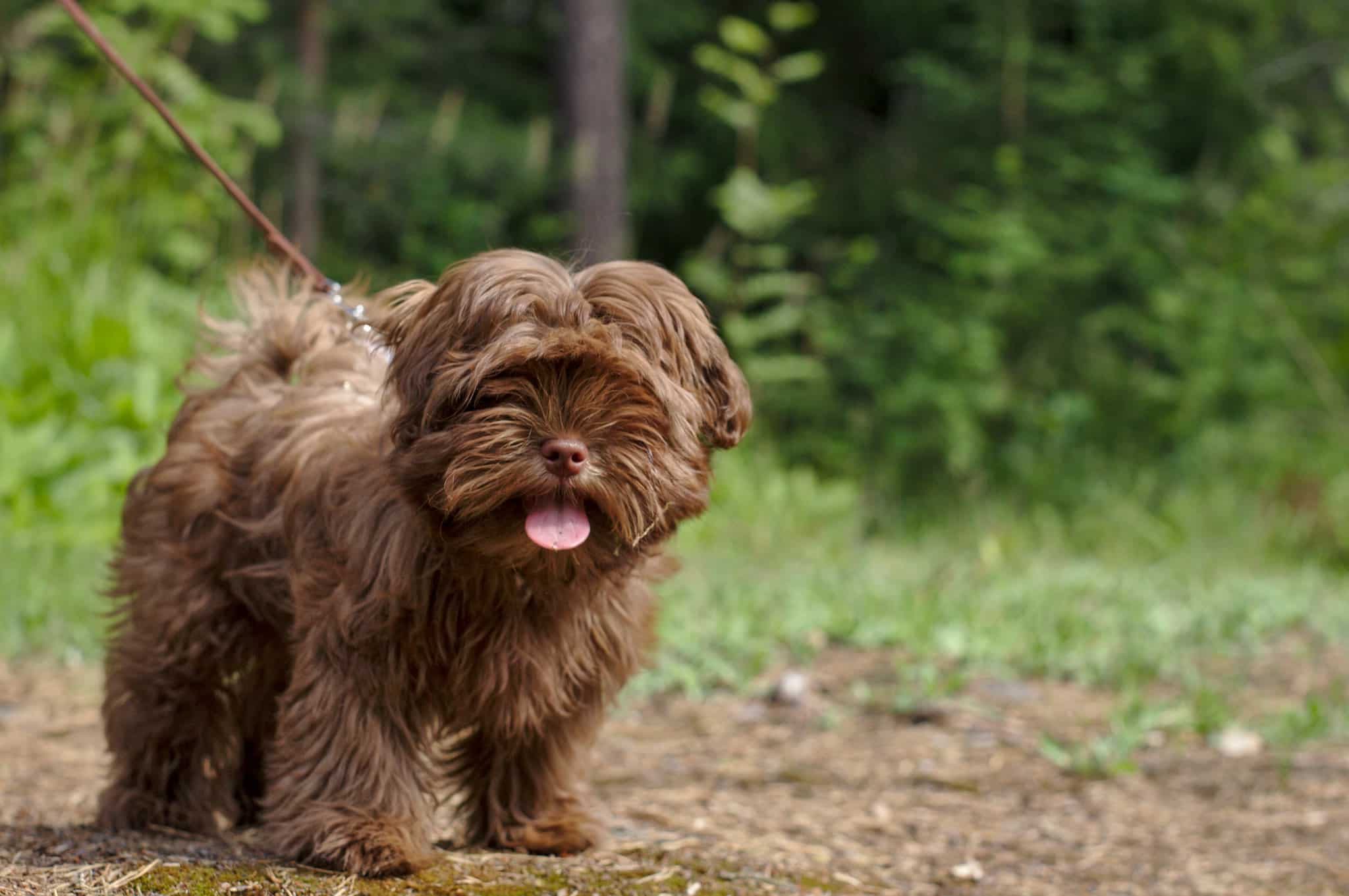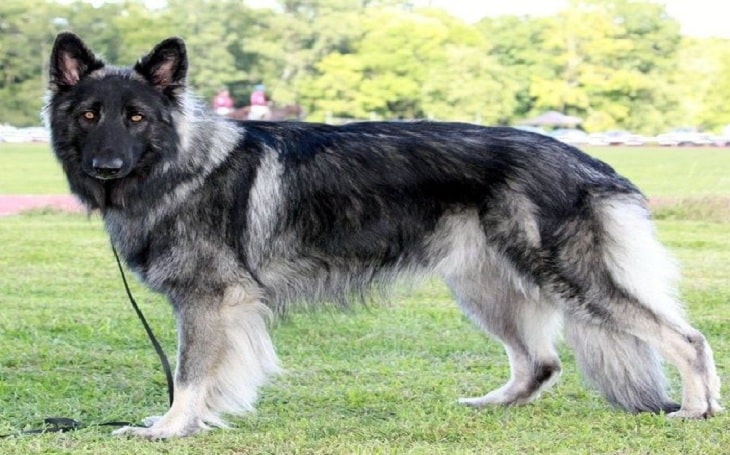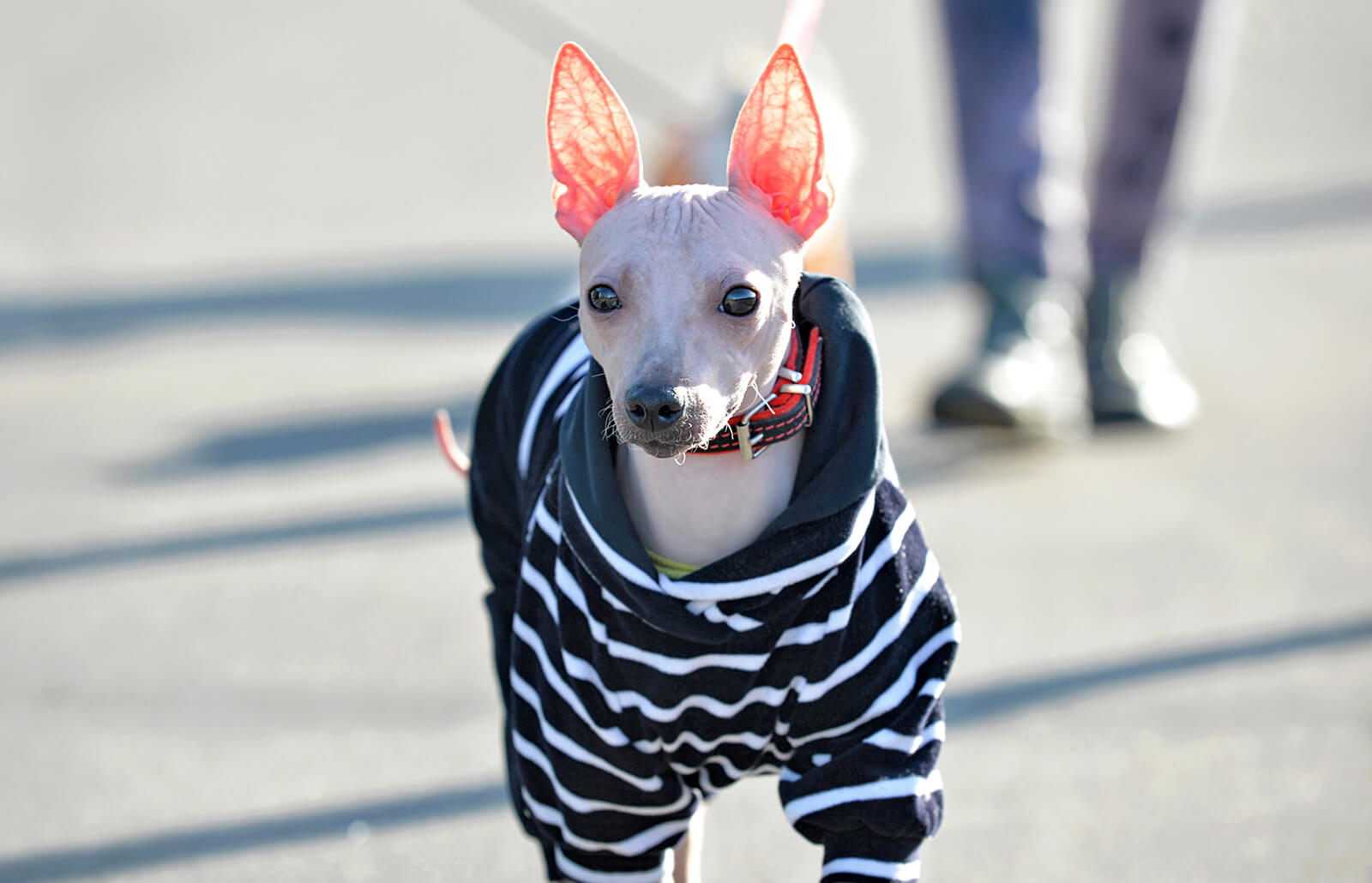Caucasian Shepherd Introduction
The Caucasian Shepherd, also known as the Caucasian Ovcharka, is a large and powerful breed of dog that originated in the Caucasus region of Eastern Europe. This breed was traditionally used to guard livestock and protect their owners from predators, and they are known for their strength, loyalty, and protective instincts. With their thick coat and muscular build, Caucasian Shepherds are well-suited to cold climates, and they can adapt to a variety of living environments. However, due to their size and protective nature, they require experienced and dedicated owners who can provide them with proper training and socialization.
Temperament
The Caucasian Shepherd dog is a large and powerful breed known for its loyal and protective personality traits. These dogs were originally bred to protect livestock and property, and they take their job as guardians seriously.
Caucasian Shepherds are highly independent and can be stubborn at times, requiring a firm and experienced owner. They are also intelligent and can be trained to follow commands, although their protective instincts can make training challenging.
Aggression in Caucasian Shepherd
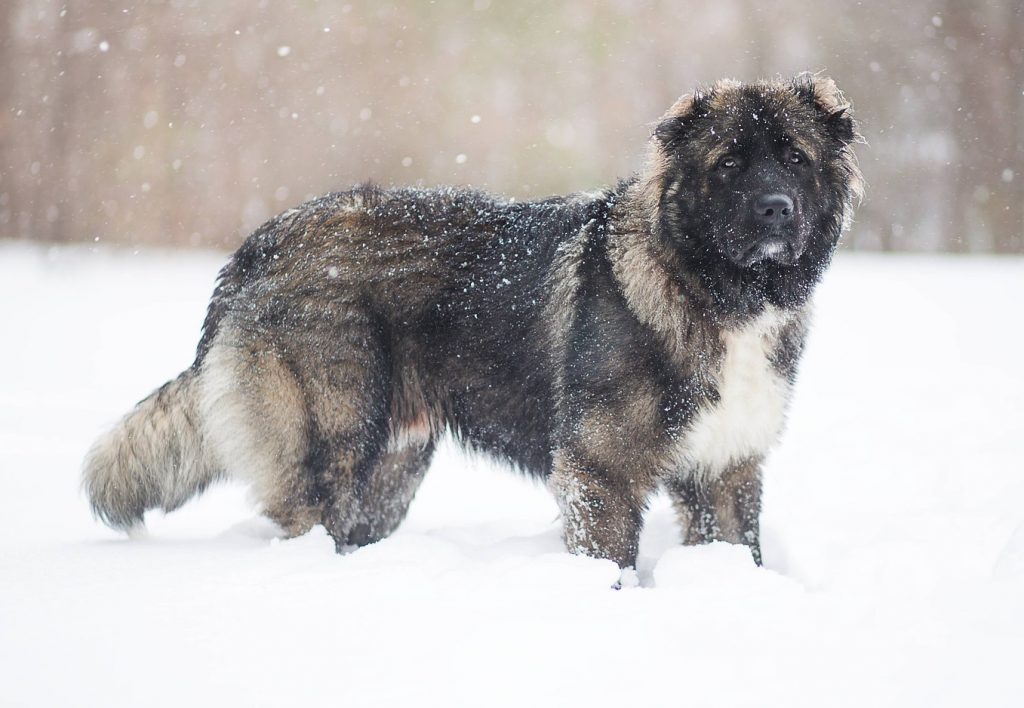
This is a breed that is known for its protective instincts, which can sometimes manifest as aggressive behavior. This breed was originally developed to guard livestock and protect their owners from predators, and their protective nature can make them suspicious of strangers and other animals. However, with proper training and socialization, Caucasian Shepherds can be well-behaved and obedient pets. It is important for owners to establish themselves as the pack leader and provide their Caucasian Shepherd with adequate exercise and mental stimulation.
Health and Lifespan
The reported lifespan range of the Caucasian Shepherd dog is typically between 10 to 12 years, although some individuals may live longer with proper care and attention. Like any breed, the lifespan of a Caucasian Shepherd can be influenced by factors such as genetics, diet, exercise, and overall health.
It is important to note that Caucasian Shepherds are susceptible to certain health issues, such as hip dysplasia and bloat, which can impact their lifespan. Working with a reputable breeder and providing proper care and attention can help reduce the risk of these health issues.
Food for Caucasian Shepherd
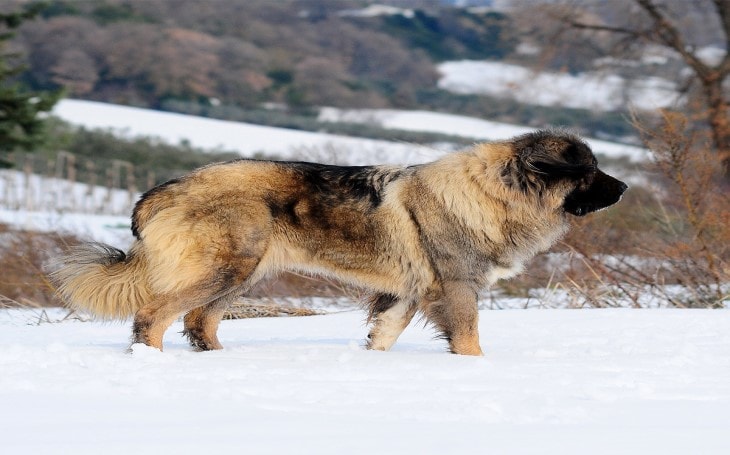
Choosing the best food for your dog is an important decision that can impact their overall health and well-being. When selecting a dog food for your dog, it is important to consider their size, age, activity level, and any specific dietary needs or health concerns.
As a large breed dog, Caucasian Shepherds require a diet that is high in protein and fat to support their growth and energy needs. Look for a dog food that is specifically formulated for large breed dogs, as these typically have the appropriate balance of nutrients to meet the needs of dogs like the Caucasian Shepherd.
Training
Training a Caucasian Shepherd dog requires patience, consistency, and an experienced owner due to their strong protective instinct and independence. To train effectively, start with basic obedience commands and use positive reinforcement techniques. Socialization is also crucial for preventing aggression and fearfulness towards new experiences.
Conclusion
In conclusion, the Caucasian Shepherd is a powerful and loyal breed of dog that requires experienced and dedicated owners who can provide them with proper training, socialization, and nutrition. While their protective instincts can sometimes manifest as aggression, with proper care, they can be well-behaved and obedient pets. When it comes to feeding a Caucasian Shepherd, it is important to choose a high-quality dog food that meets their nutritional needs and to monitor their weight to maintain a healthy body condition. Overall, the Caucasian Shepherd is a breed that is well-suited to a variety of living environments and can be a loving and loyal companion to the right owner.
